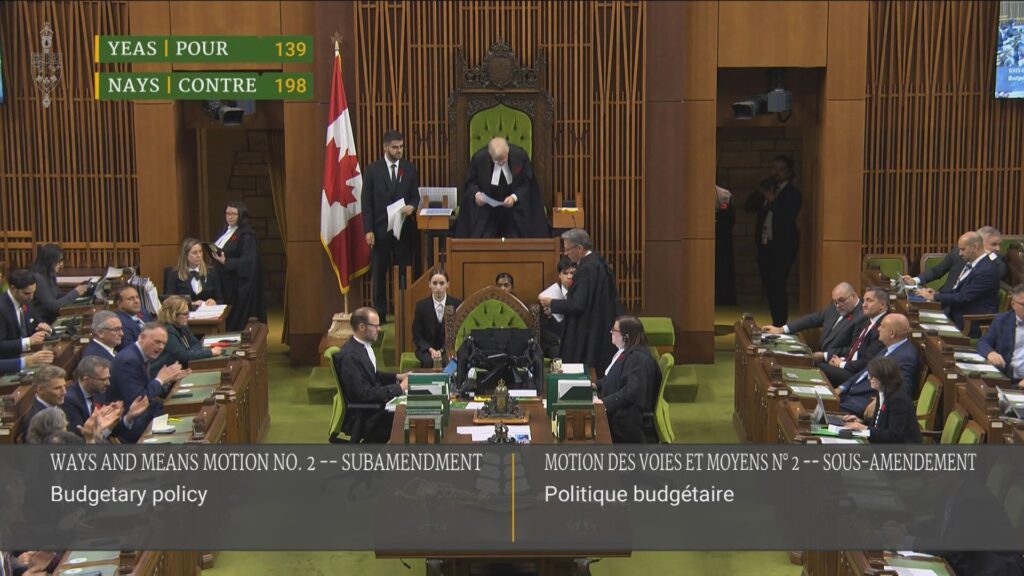
Introduction
The federal budget confidence vote is a crucial element in Canada’s parliamentary process, playing a pivotal role in determining the stability of the government. This vote not only reflects the government’s financial strategy for the upcoming fiscal year but also gauges the level of support it has within the House of Commons. Recently, the significance of this vote has been highlighted by the government’s efforts to secure support for its budget proposal in a challenging economic landscape.
Recent Events
On March 22, 2023, Canadian Finance Minister Chrystia Freeland presented the much-anticipated federal budget, proposing measures aimed at bolstering the economy amid rising inflation and global uncertainties. The budget included significant investments in healthcare, green technology, and support for lower-income families to alleviate financial pressures. However, the opposition parties expressed critical concerns regarding the government’s spending plans and fiscal responsibility.
A confidence vote was scheduled for April 5, 2023, as the governing Liberal Party sought to ensure the passage of its budget. Failure to win a majority could trigger a political crisis, leading to the dissolution of Parliament and potential snap elections. The Bloc Québécois and Conservative Party prepared to oppose the budget, citing concerns over debt and spending, while the New Democratic Party signaled conditional support, dependent on further negotiations over social spending measures.
Political Implications
The outcome of the confidence vote carries significant implications for Canada’s political future. If the government successfully secures the necessary votes, it will not only solidify its position but could also serve as a springboard for advancing its agenda over the next fiscal year. Conversely, a defeat could destabilize Prime Minister Justin Trudeau’s government, leading to potential restructuring of political alliances and party dynamics.
Political analysts suggest that the upcoming vote will be closely watched, not just for its immediate economic implications, but also for how the public perception shifts in response to the opposition parties’ rhetoric and the perceived efficacy of the government’s financial management. It may ultimately set the tone for the political climate as Canada approaches the next federal election.
Conclusion
The federal budget confidence vote is much more than a mere parliamentary procedure; it encapsulates the political and economic realities facing Canadian citizens today. As debates heat up and negotiations unfold, the implications of the vote will resonate beyond the walls of Parliament. With economic recovery at the forefront of public concern, how the government handles this moment could influence public trust and political engagement moving forward. Citizens are encouraged to stay informed as the situation develops, as the vote strikes at the heart of governance and fiscal responsibility in Canada.



